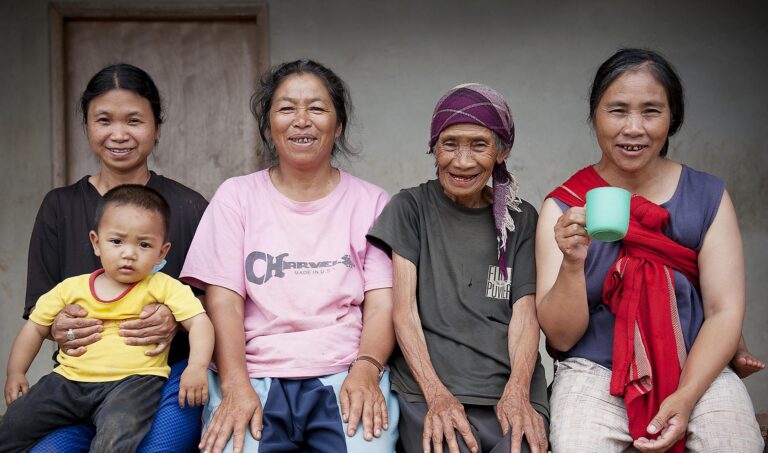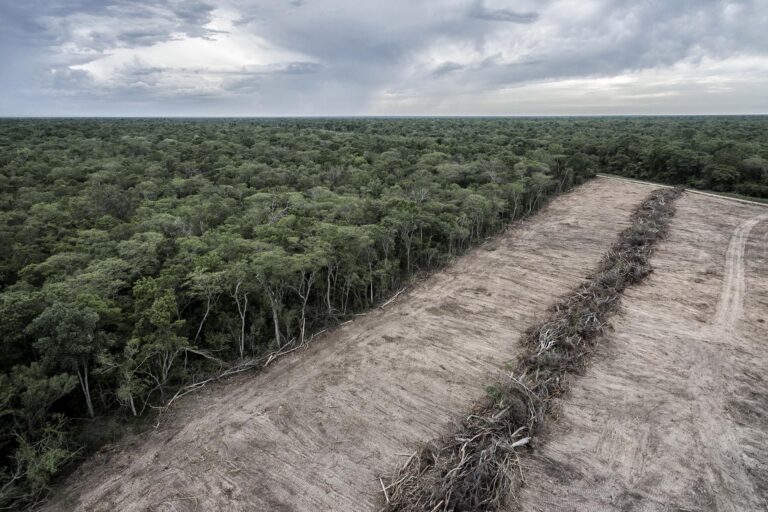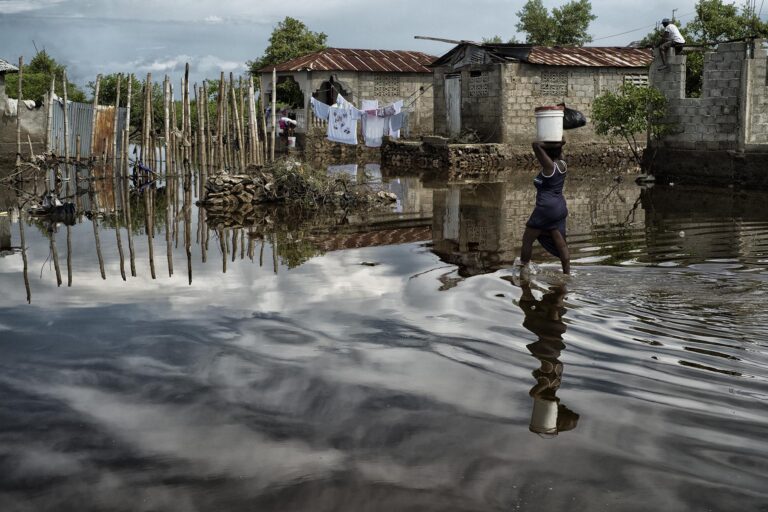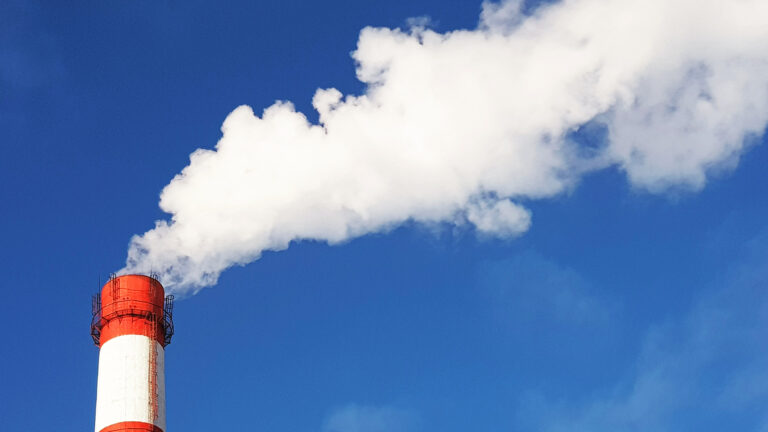Indigenous Peoples face a multitude of threats from climate change.
The right to speak freely about the impact of climate change and to demand action from governments and businesses in relation to climate change is essential.
The right to freedom of expression is protected in article 19 of the International Covenant on Civil and Political Rights, which states that “Everyone shall have the right to hold opinions without interference” and “Everyone shall have the right to freedom of expression; this right shall include freedom to seek, receive and impart information and ideas of all kinds, regardless of frontiers, either orally, in writing or in print, in the form of art, or through any other media of his choice.” Article 19 goes on to state that, “The exercise of the rights … carries with it special duties and responsibilities. It may therefore be subject to certain restrictions, but these shall only be such as are provided by law and are necessary: (a) For respect of the rights or reputations of others; (b) For the protection of national security or of public order (ordre public), or of public health or morals.”
Given the paramount importance of the right, the UN Human Rights Committee has held that any restriction must meet a strict three-part test. Such a restriction must (1) be “provided by law”; (2) be imposed for the purpose of safeguarding respect for the rights or reputations of others, or the protection of national security or of public order (ordre public), or of public health or morals; and (3) be necessary to achieve that goal. To be “provided by law,” a norm must be formulated with sufficient precision to enable an individual to regulate their conduct accordingly. Measures that seek to protect a legitimate interest must be “necessary” to achieve that purpose. This is a strict test that implies the existence of a pressing social need. Finally, any restrictions must be proportional to the aim they are designed to achieve, and restrict freedom of expression as little as possible. Broadly defined provisions, while they may meet the requirement of being “provided by law,” are thus unacceptable if they go beyond what is required to protect a legitimate interest.
Photo Credit: Indigenous marchers advocate for global action against climate change. Photo by Joe Brusky, 2014 (CC BY-NC 2.0).
More reading...
One of the most urgent challenges for global efforts to address the climate...Read More
In response to the threats posed by climate change, including its foreseeable significant...Read More
Under the International Covenant on Economic, Social and Cultural Rights (ICESCR), everyone has...Read More
Carbon capture and sequestration (CCS) is a climate change mitigation strategy that aims...Read More






